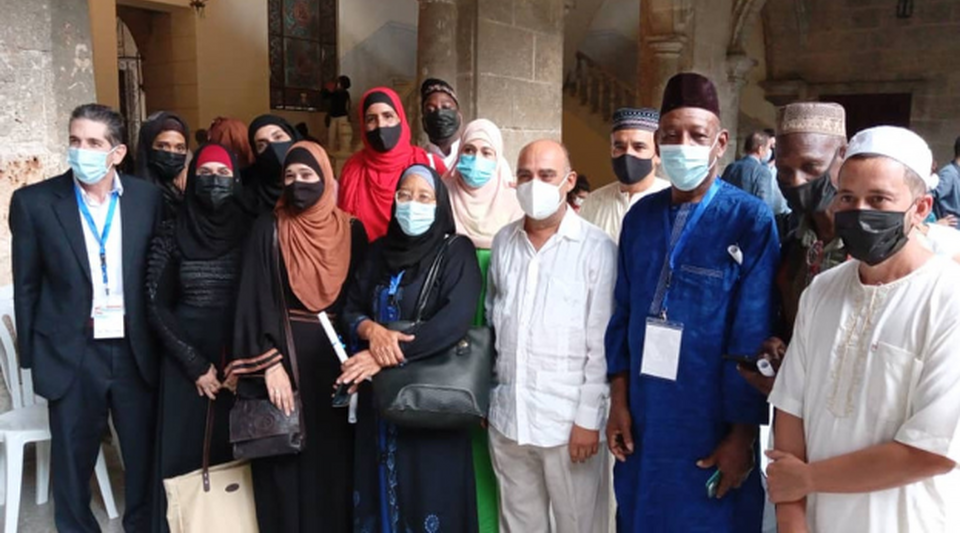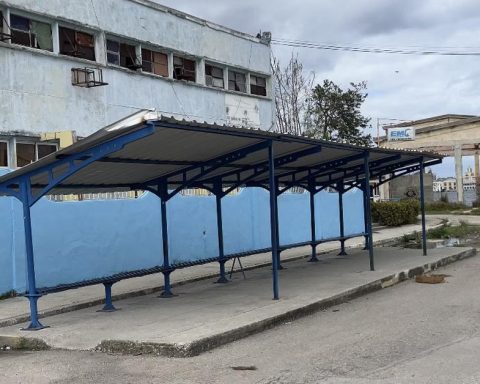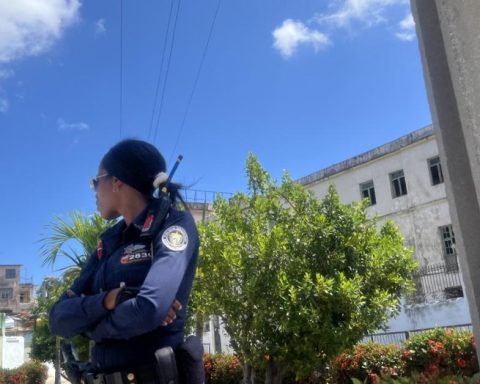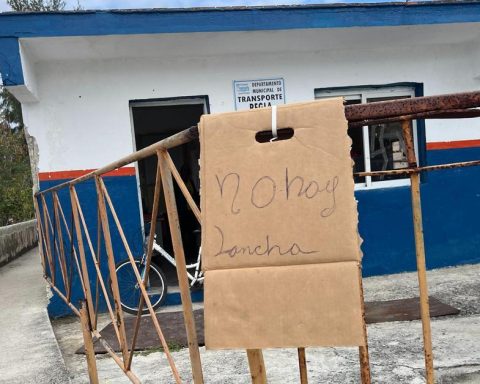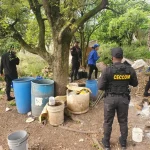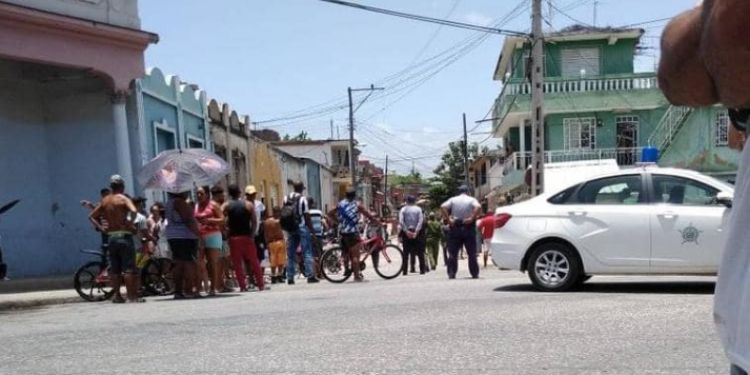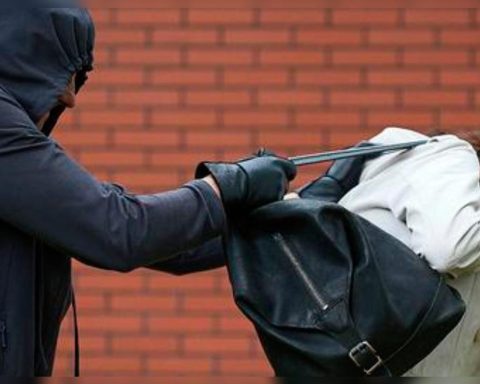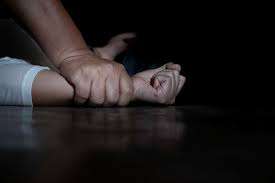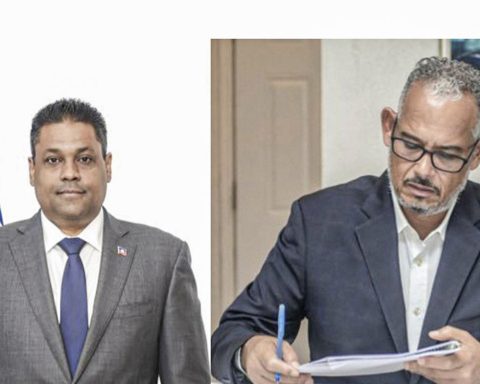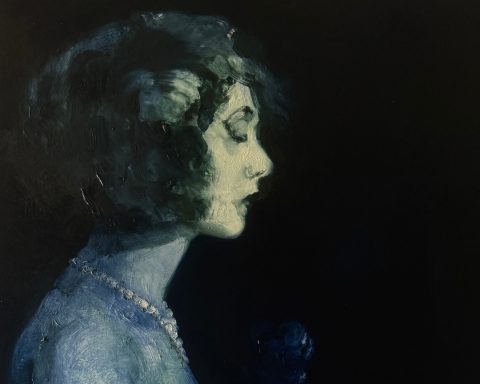The organization Prisoners Defenders circulated this Tuesday the report Constitutional reform and religious freedom in Cuba, a complementary document to an evaluation carried out by the US Commission for International Religious Freedom (Uscirf).
Prisoners Defenders, which participated in the drafting of the US report, analyzes in this new text the testimony of 56 Cuban leaders and laity, from the four religious confessions with the greatest presence in the country: Catholics, Protestants, Yorubas and Muslims.
The document indicates the total or partial violation of the rights linked to the optimal exercise of religious freedom, by government authorities, the police and, in particular, by the Office of Religious Affairs of the Communist Party. Among the registered rights are those of expression, assembly, association, privacy/intimacy, non-discrimination and free movement.
Some “considerations on the Constitution” detail the legal difficulties that the 2019 Cuban Magna Carta poses for religious freedom. To do this, Prisoners Defenders takes up an analysis carried out that year, from which it concluded that “the current Constitution has meant a slight step backwards in the matter of normalizing the legal framework on religious matters compared to the 1976 Constitution.”
With the publication of the Magna Carta, the possibility of drafting a Cult Law was also ruled out, a “pending subject” since 1976. In addition, by proclaiming that “the Communist Party is the highest leading political force of society and of the State” , the constitutional text limits its own field of action and offers the Party a “supra-constitutional” condition.
With the new Constitution of 2019, the possibility of drafting a Law of Cults was ruled out, a “pending subject” since 1976
According to the report, both the Party and its Religious Affairs Bureau are “dark” organizations and work under the absence of legislation.
An extensive section on repression provided concrete data on the frequency with which religious leaders suffer police citations, prohibitions of some kind, arbitrary arrests, acts of repudiation, surveillance and expressions of hatred. Several cases also refer to the impossibility of holding processions, public rites, burials and visits, as well as the obstruction of trips, donations and construction works.
Prisoners Defenders describes the process through which, historically, the Cuban government has tried to create “false institutions” that supplant the international representativeness of religious associations.
“In the case of the Christian Churches, it has created the Council of Churches; in the Yoruba religion, the Yoruba Cultural Association; and in the Islamic religion, it has created the Islamic League of Cuba. The three organizations are controlled by State Security” secures the document.
He further points out that although the “techniques” vary from one denomination to another, the repressive pattern is common. However, the government “is careful” of frontal attacks, above all, against the Catholic Church, due to the “international organization and defense that said church has.”
As for the Protestant churches, the repression “occurs in a more obvious way” and in two phases. The first has the objective of dismantling the activism of a pastor through direct blackmail to the President of the Work or his superior leader, often at an international level. In a second moment, the social isolation of the pastor proceeds, which usually ends in jail or exile.
The Government “created a registered institution with false Muslims, State Security agents and related officials”, as a maneuver to supplant the work and prestige of Imam Hassan Abdul Gafur
Regarding the Yoruba religion, the report indicates that it is “consented” by the Government, but it is “illegal and has never been officially permitted and/or legitimized.” This leads to the priest or Babalawo must practice his religion “behind the law, in illegal and perfect conditions so that he can be blackmailed at all times”.
The repression of Islam is “a special case”, according to Prisoners Defenders, since the Government “created an institution registered with false Muslims, State Security agents and related officials”, as a maneuver to supplant the work and prestige of Imam Hassan Abdul Gafur (Ernesto Silveira Cabrera), promoter of the Muslim religion on the island. The authorities spread internationally and systematically that Silveira was the creator of the official Islamic League, which contributed to the prestige of that organization.
The League has an additional value, since it endorses the Cuban government at the international level as a “country that respects Islam,” which has favored business with Muslim countries. All the Islamic leaders interviewed agree that the League has “an official political agenda” and that it is one of the religious arms of State Security.
In its report, Prisoners Defender includes the conclusions of the Uscirf regarding the limitations of religious organizations to exercise charity, have spaces in the media and carry out constructive reforms.
In addition, the document reproduces the considerations of the United Nations Special Rapporteur on Freedom of Religion or Belief on religious freedom on the island. “The team’s evaluation determined that Cuba did not meet 33 and partially met three indicators” essential for the free exercise of this right.
________________________
Collaborate with our work:
The team of 14ymedio is committed to doing serious journalism that reflects the reality of deep Cuba. Thank you for joining us on this long road. We invite you to continue supporting us, but this time becoming a member of our journal. Together we can continue transforming journalism in Cuba.
